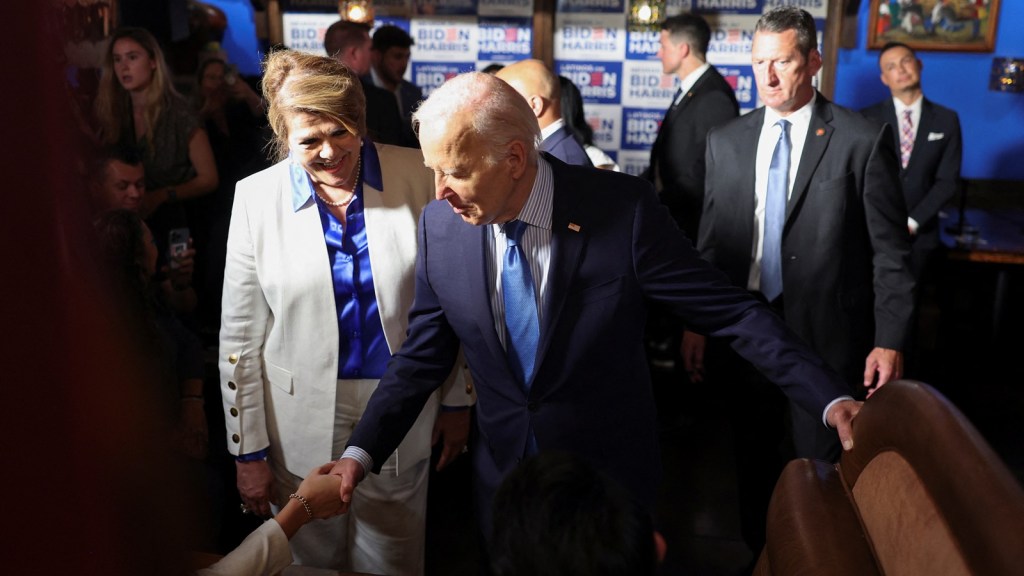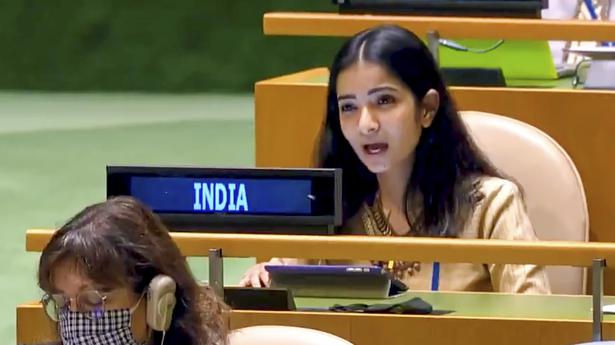[ad_1]
The implications of this vacuum are quite grave. With out an all-hands-on-deck effort to reform the establishment, WTO might not see an entire restoration of its negotiating, monitoring, and dispute settlement capabilities. With out the WTO performing optimally to the satisfaction of numerous members, we threat even better uncertainty and instability in worldwide commerce.
At CUTS Worldwide, we’ve got persistently campaigned for preserving the energy and sanctity of the rules-based buying and selling order with the WTO at its centre. In current instances, CUTS began a marketing campaign titled “What Would Occur to a World with out the WTO?”. Our newest initiative, “Way forward for the WTO or WTO of the Future?”, takes the dialog ahead, with distinguished panellists weighing on numerous points associated to WTO reform. Whilst consultants differ on the plan of action that have to be taken, three conclusions appear to be persistently voiced.
First, at the same time as WTO’s relevance for future commerce liberalisation is overshadowed by a rising community of Free Commerce Agreements (FTAs), its position as the important thing monitor and arbiter of worldwide commerce guidelines stays essential. Second, WTO should ship on improvement outcomes for the good thing about the big variety of creating nation members. Thirdly, WTO reform is indispensable, urgently required and significantly troublesome because of the onerous requirement of consensus in decision-making.
In different phrases, let’s deal with the third level with out lowering the importance of the primary two, whether or not and the way the WTO members reassess the institutionally elementary requirement of consensus in determination making will considerably affect the way forward for the organisation in addition to the worldwide rules-based order. That is inflicting a lot ache because the dispute settlement system, the jewel within the crown, has ceased attributable to US’s recalcitrance.
Chasing Consensus
Per the Marrakesh Settlement Establishing the WTO, members shall proceed the apply of decision-making by consensus that was adopted beneath Common Settlement on Tariffs and Commerce (GATT 1947). On this regard, a choice is made by consensus if no Member current on the assembly, formally objects to the proposed determination.
Consensus confers a number of benefits. Most significantly, it will increase the legitimacy and due to this fact the implementability of selections. It additionally confers appreciable energy– a veto within the arms of all members. Unsurprisingly, the chances of forging consensus with a big membership, advanced guidelines and simply exercisable veto are fairly low.
However, the prices related to the shortage of consensus are fairly excessive, and progressively inching greater. To say however a number of – the worth of commerce locked in WTO disputes due to a defunct dispute settlement mechanism; the chance value related to the suspension of the Doha Improvement Agenda; the welfare value of pursuing sub-optimal bilateral or regional preparations in issues comparable to subsidies, the place spill overs might be optimally managed by means of multilateral norms alone. The prospect of resolving a lot of such points calls for a reassessment of the consensus rule.
A name to reinterpret or dilute the requirement of consensus within the WTO is in no way new. Nonetheless, a deep-seated disaster in an organisation so important requires its members to return to the drafting board and reassess its fundamentals. A number of questions come to thoughts. Can the requirement for consensus be diluted or realigned with out destroying the institutional integrity of the organisation?
Would it not not be prudent of members to contemplate supplementing the institutional default for consensus with a practical scheme of voting? Thomas Cottier and Satoko Takenoshita (World Commerce Institute, Berne) suggest the adoption of weighted voting in conditions the place a choice can’t be arrived at by consensus. They counsel that weightage be given to a mosaic of variables comparable to inhabitants, GDP, contribution to the WTO and market openness for choose choices.
On the very least, such a scheme ought to be sure that “no Member alone, individually be ready to dam the adoption of a place” – a state of affairs that has precipitated the Appellate Physique disaster. On this regard, the place the outcomes have a bearing on the very sanctity of the WTO’s three pillars of negotiations, dispute settlement and monitoring, members might even discover the dissociation of such choices from the purview of the “consensus rule”.
Plurilaterals inside a multilateral organisation
For a lot of, nevertheless, the issue will not be with requirement of consensus however quite, with the abuse of the rule. It’s worthy to notice that the GATT years noticed eight rounds of negotiations between 1947 and 1994, and this frequent updation of the rule e book was doable regardless of the requirement of consensus. After all, a number of elements have been at play. First, a restricted set of likeminded, developed nations agreed upon the fundamental financial premise of utilizing comparative benefit and honest competitors to (primarily) improve international financial welfare. Thus, the unique Quad consisting of Canada, Japan, the EU and US unilaterally made concessions and drove the agenda for commerce liberalisation on the behest of politically vocal export industries. Second, at the same time as creating nations benefited from the extension of those commitments on a most-favoured nation (MFN) foundation, there was no compulsion on them to make related concessions. This steadiness between a set frequent objective and a movable set of ideas created sufficient momentum for the institution and preliminary success of the WTO. Following that, the Cancun Ministerial Convention in 2003 noticed the emergence of a brand new quad with India and Brazil becoming a member of the ranks with US and Europe which gave a brand new dimension to how the WTO negotiations will evolve.
At present, WTO members are attempting to undertake related flexibility by endeavor plurilateral negotiations – an method the place lower than the complete membership is concerned. Quite a few such initiatives have been began to cowl problems with sustainability, e-commerce, funding facilitation and even dispute settlement (the Multi-Occasion Interim Enchantment Arbitration Association (MPIA).
Whereas some members see these Joint Initiatives as a method to unclog the system, others see them as an unlawful deviation from the multilateral underpinnings of the WTO. Nonetheless, as succinctly put by Hamid Mamdouh (Former Director of the Commerce in Companies and Funding Division of the WTO), a distinction ought to be drawn between the method and the end result. Consensus will not be a prerequisite for initiating the method to formulate new guidelines. It’s only the end result that may be accepted or opposed by the member. This distinction have to be maintained to make sure that a WTO member might not block progress desired by others, even because it can’t be certain by new obligations towards its will.
This, in fact, nonetheless leaves us with the destiny of the outcomes. Ought to the membership resolve, they’ll smoothen the way in which for the multilateralisation of plurilateral agreements by making each the method and its final result extra inclusive, and thereby official within the eyes of all. A set of ideas or a code of conduct might be designed to that extent. The code may require that plurilateral agreements be supported by members with vital buying and selling curiosity within the matter, and that they continue to be open to all members wishing to affix at a later stage. A dilution of the requirement of consensus might be thought-about for plurilateral preparations which adjust to the code of conduct and maybe additionally supply their advantages on an MFN foundation (to all members). This may go a good distance in reworking the negotiation course of whereas retaining the WTO because the hub of the worldwide buying and selling system.
Lastly, one other show of flexibility on the WTO is price scrutinising. The WTO Commerce Facilitation Settlement permits creating nations and LDCs to find out their commitments and implementation schedule. Such an method may function the idea for future agreements. Actually, in as far as plurilaterals may additionally incorporate such flexibility, the official grievance about such agreements being inconsistent with various ranges of financial improvement may be addressed.
On the finish of the day, as succinctly acknowledged by the WTO Deputy-Director Common Anabel González, there’s a want for some “frequent sense, actionable and forward-looking ideas” to information WTO reform. It stays to be seen if members will agree on the contours of the identical, and the way far such ideas contain a reassessment of the establishment’s fundamentals. Between now and the following ministerial convention in 2024, the WTO has its troublesome process lower out.
* On the problem of making a greater purchase in from the creating world please look out for our subsequent article.
The authors work for CUTS Worldwide, a worldwide public coverage analysis and advocacy group.
[ad_2]
Source link









